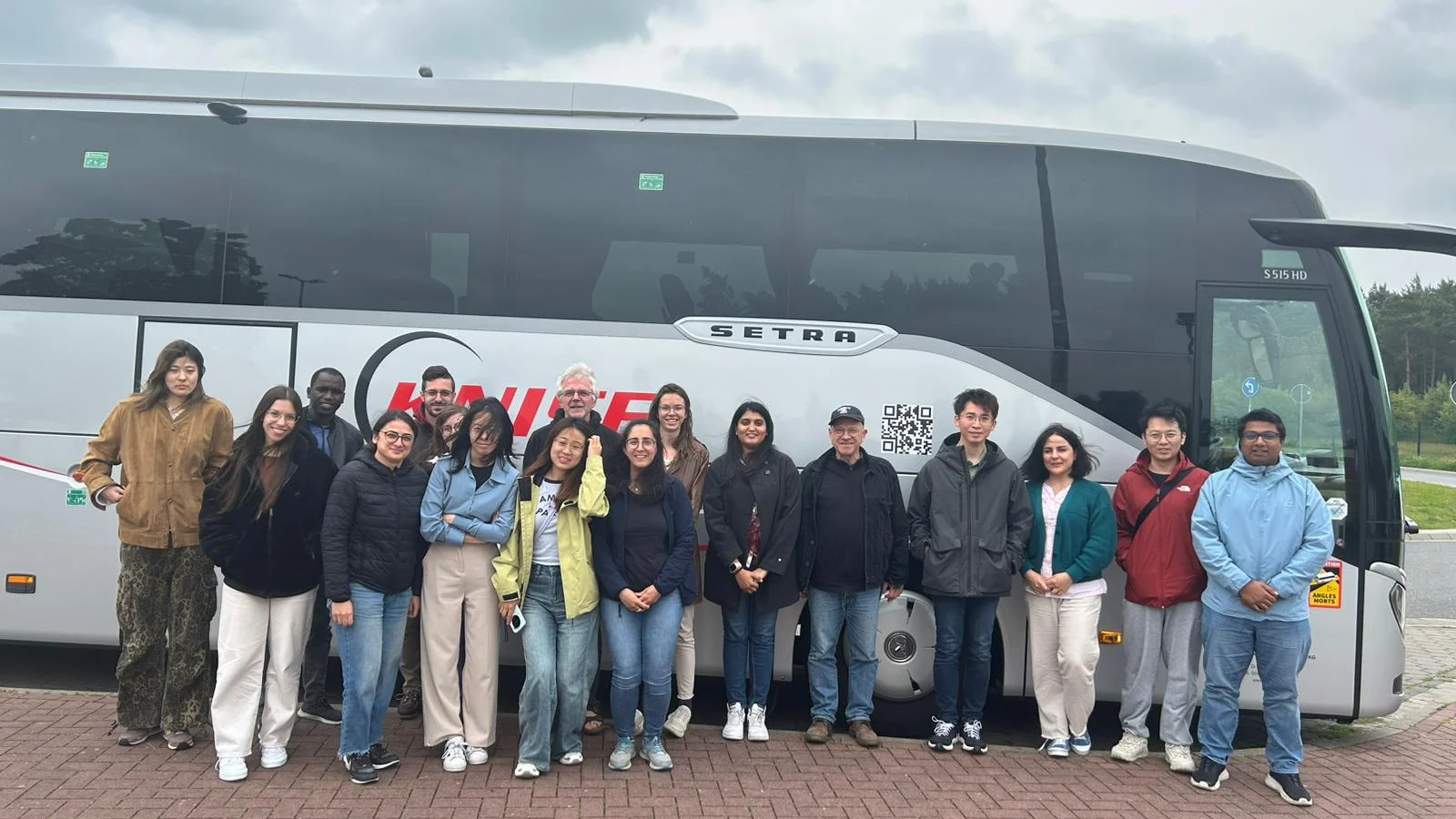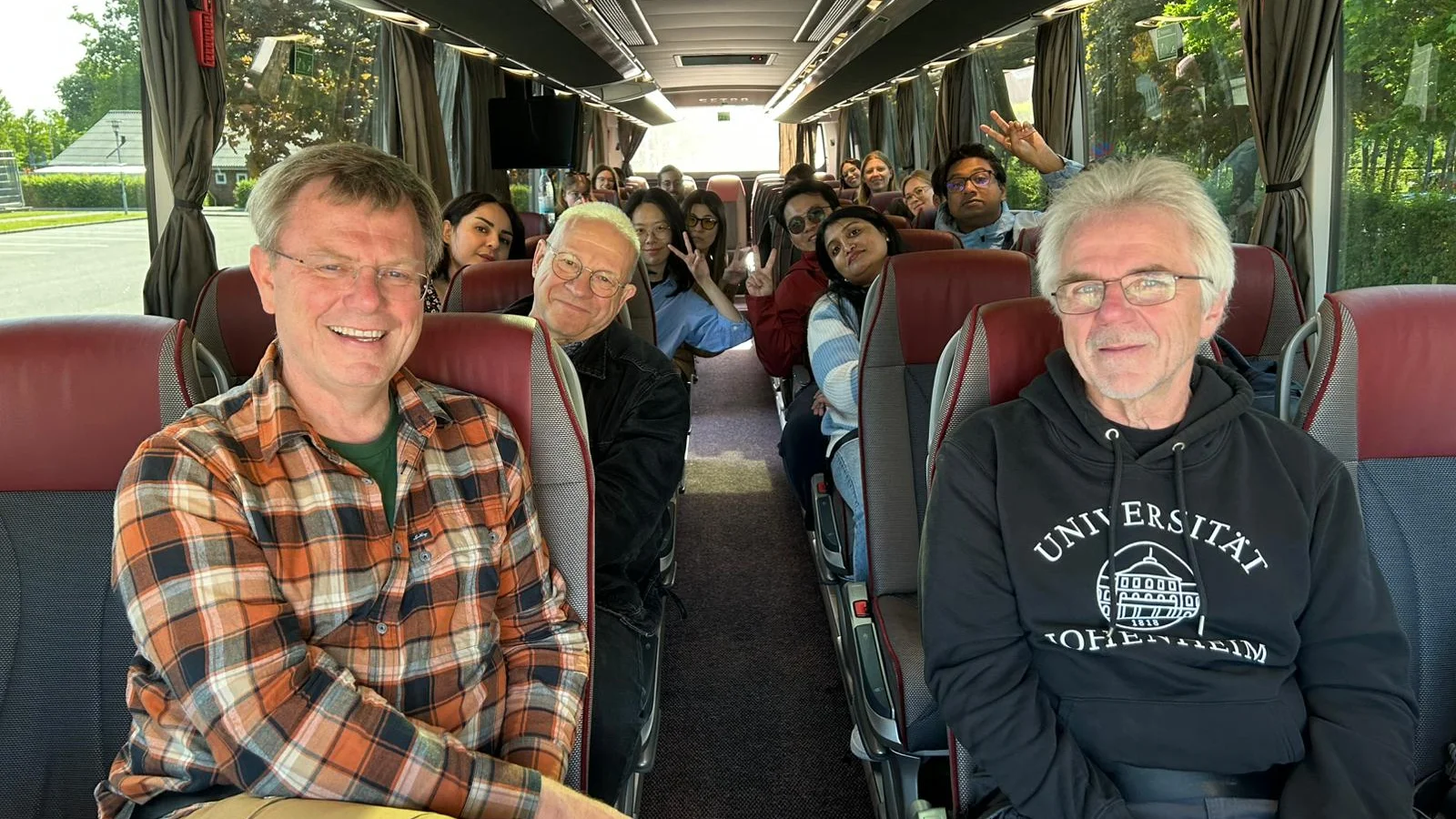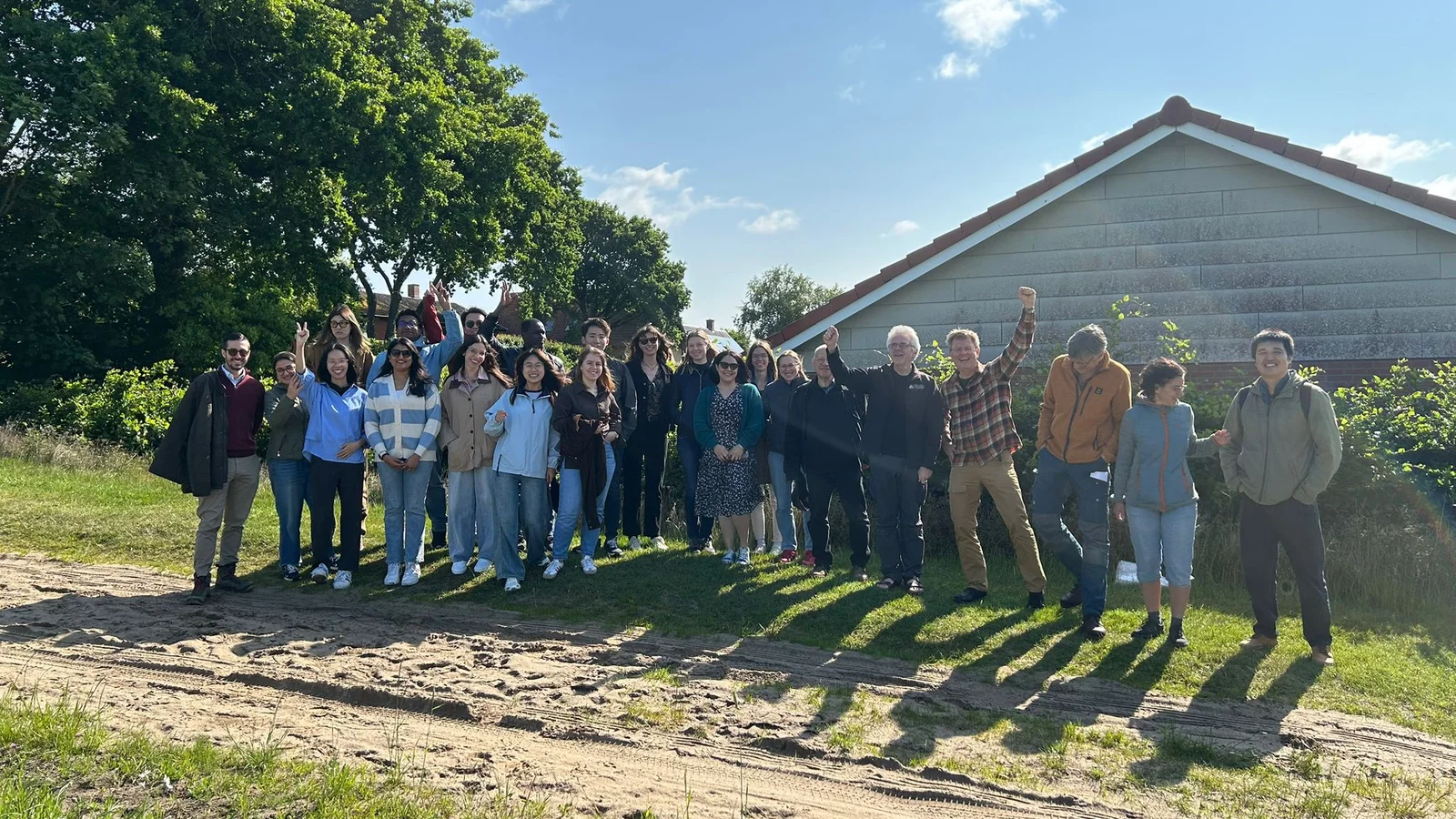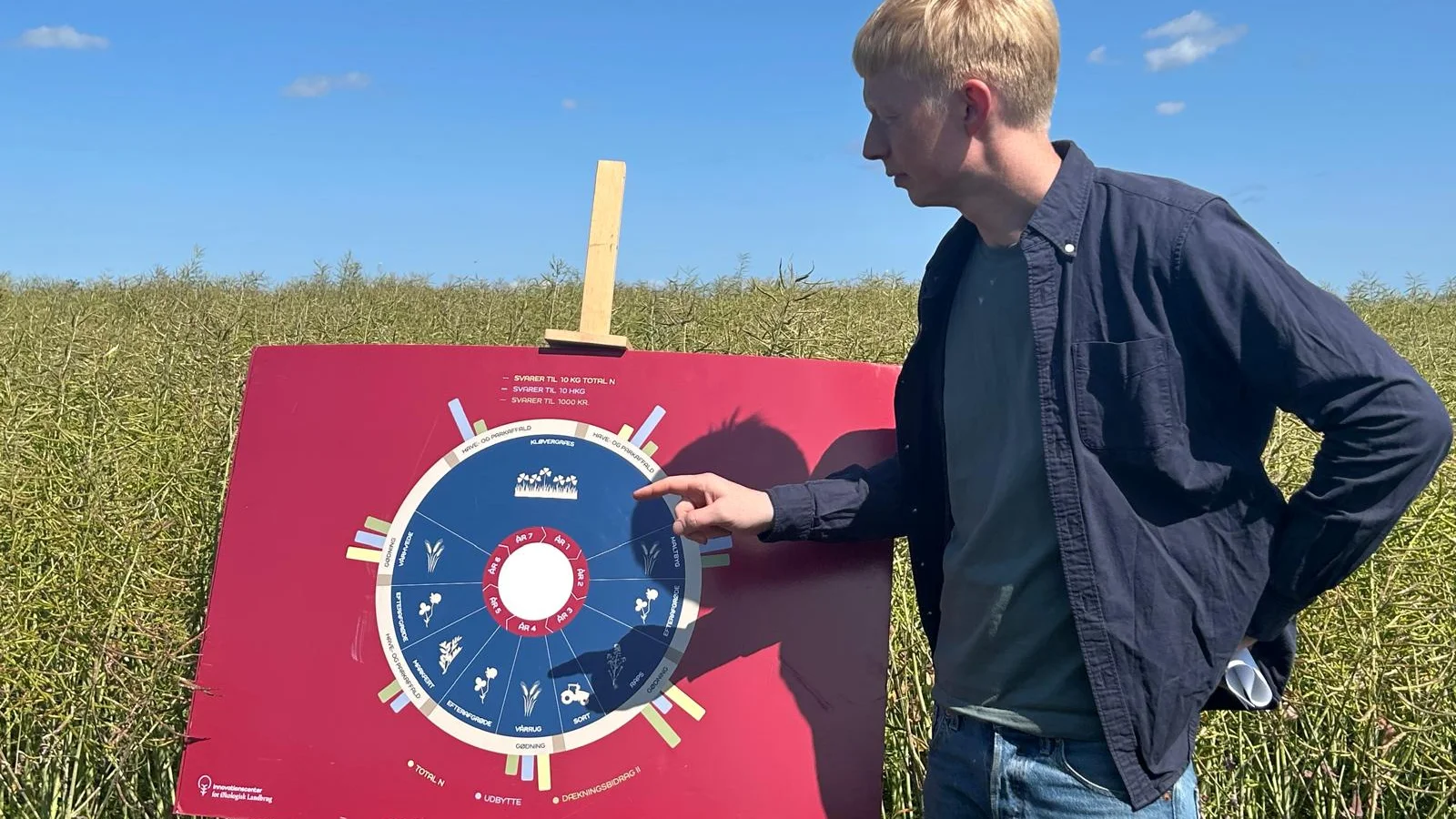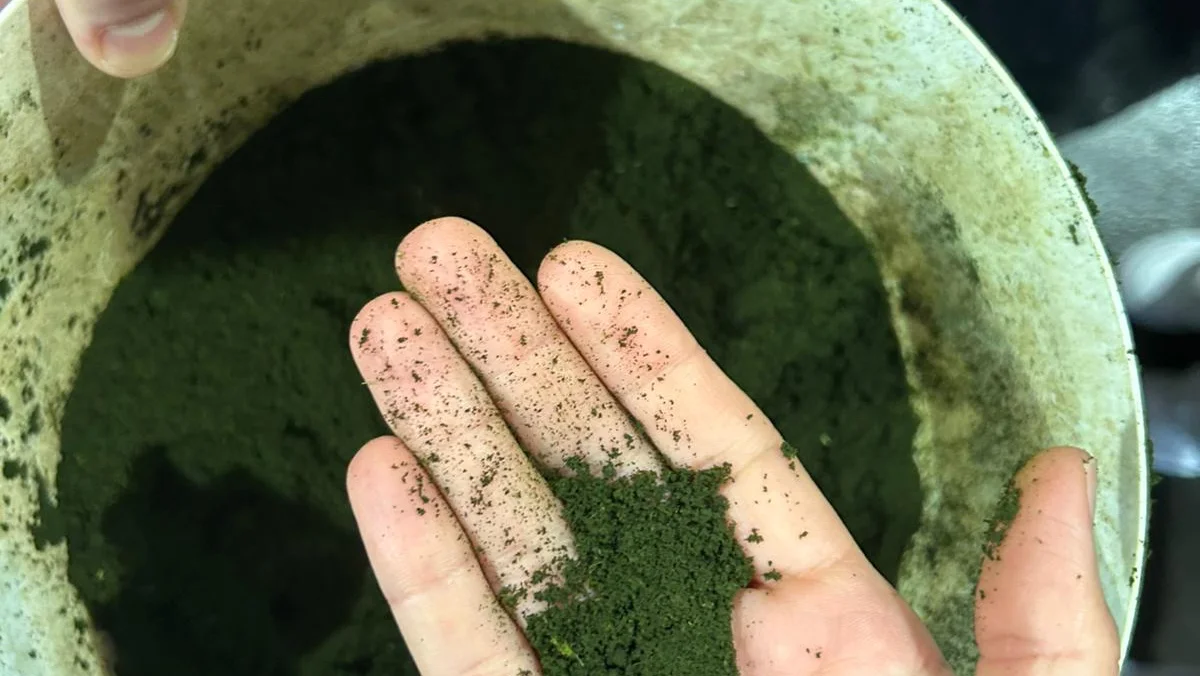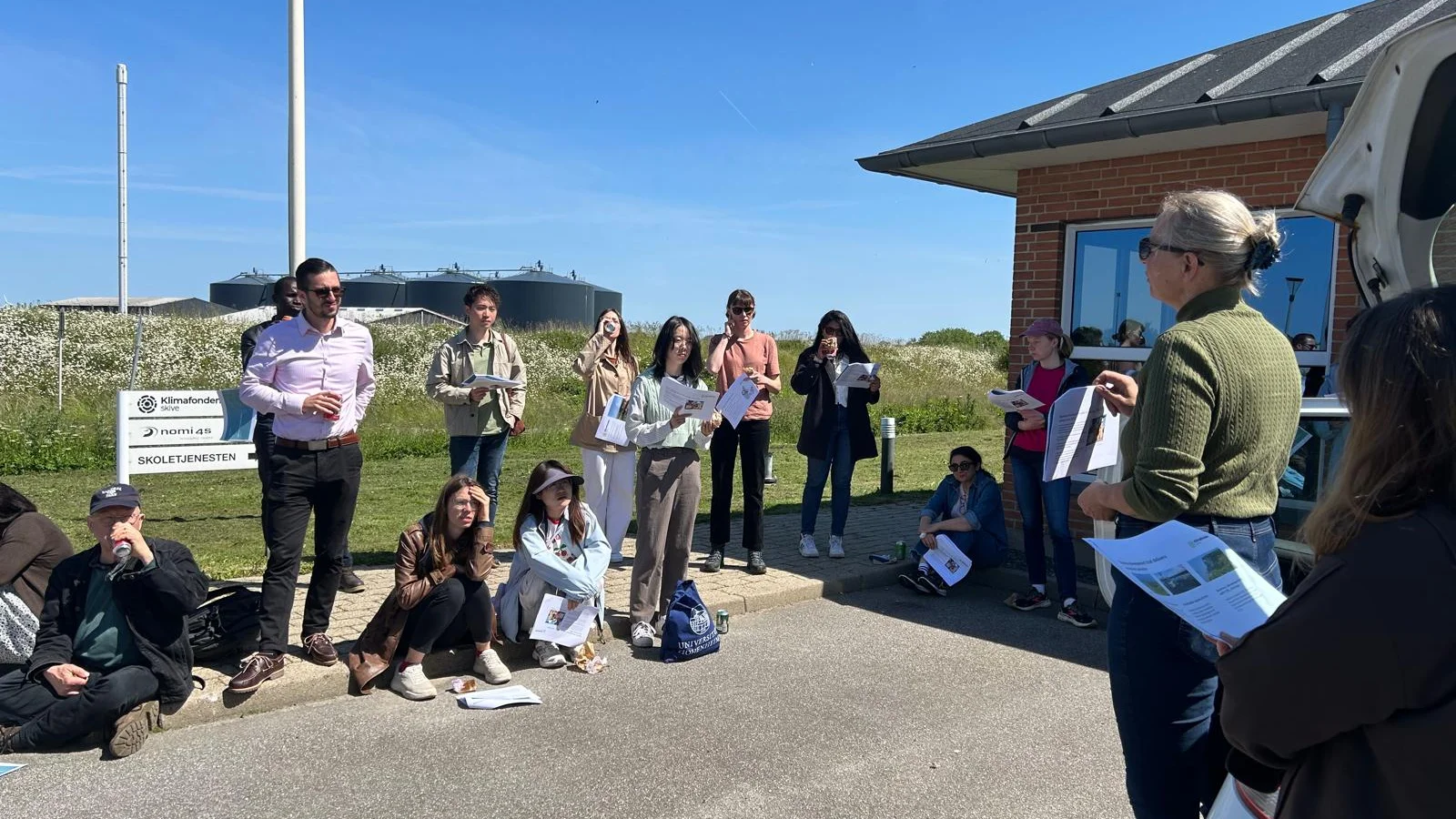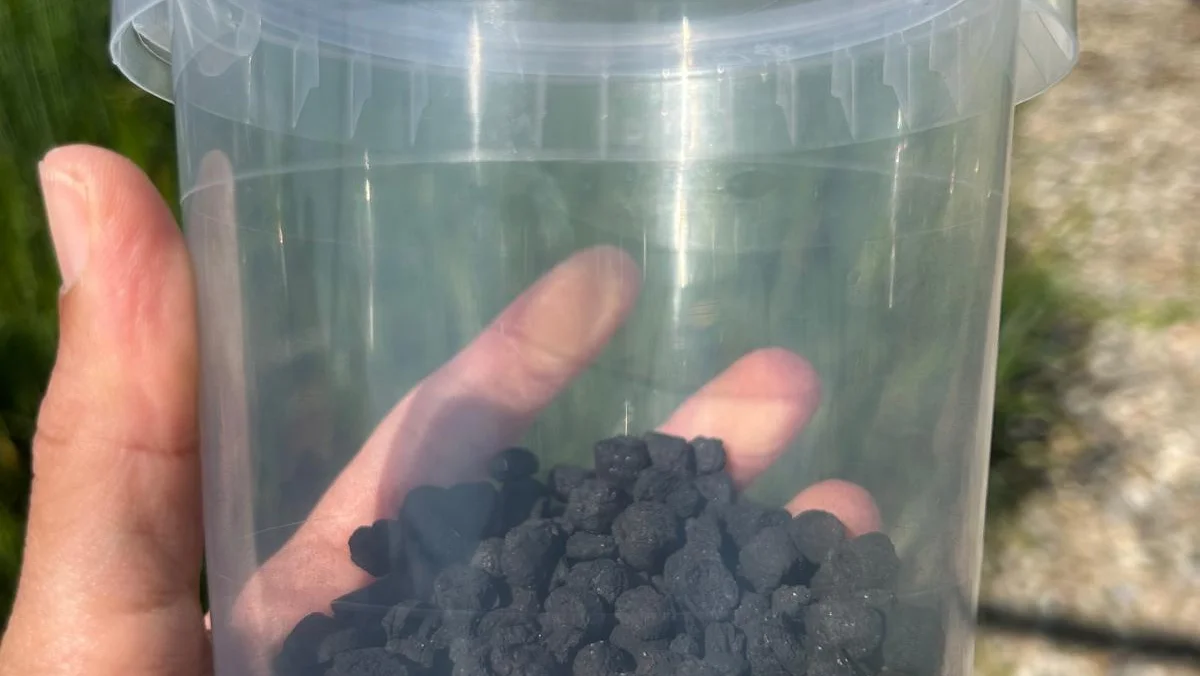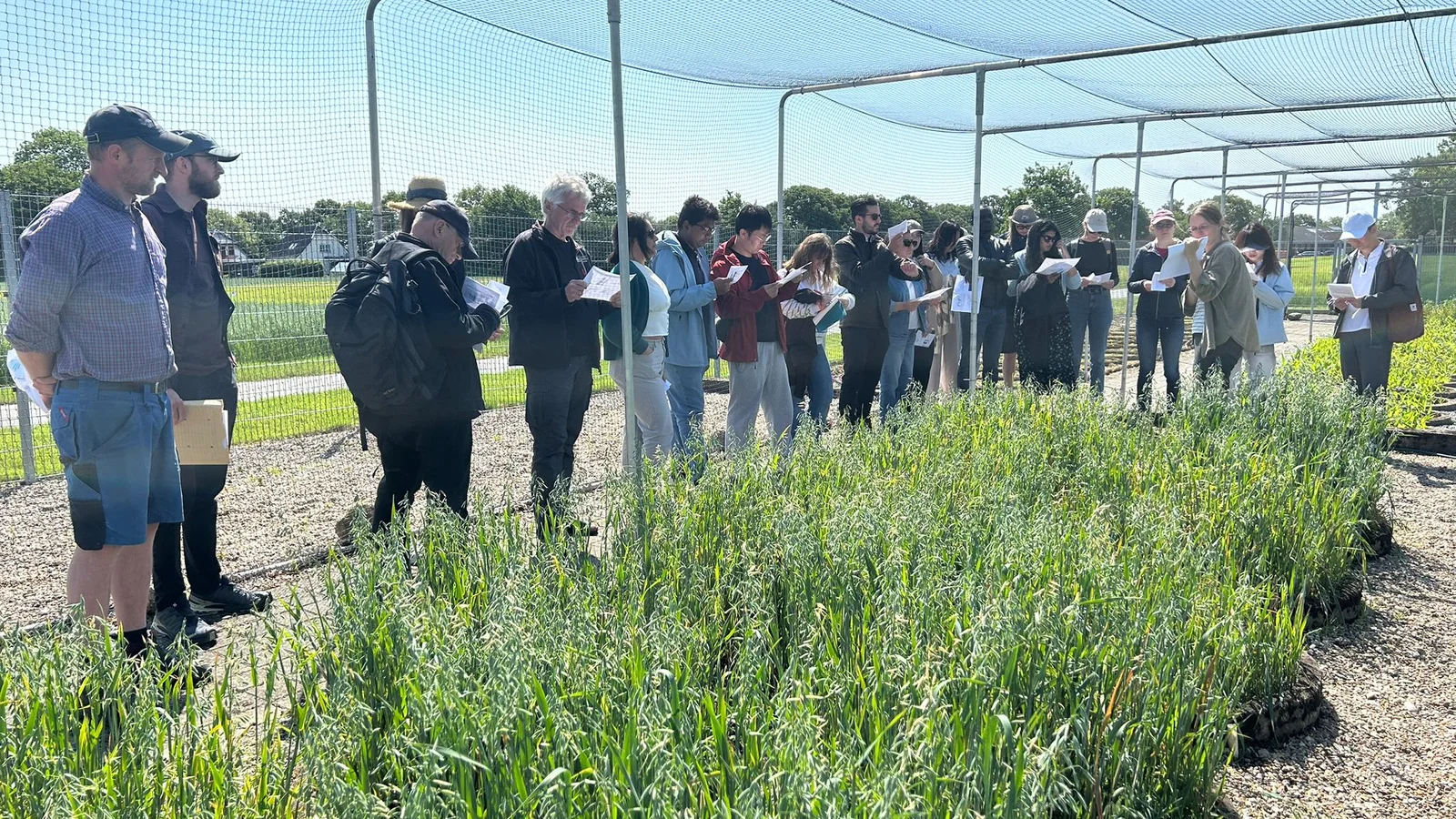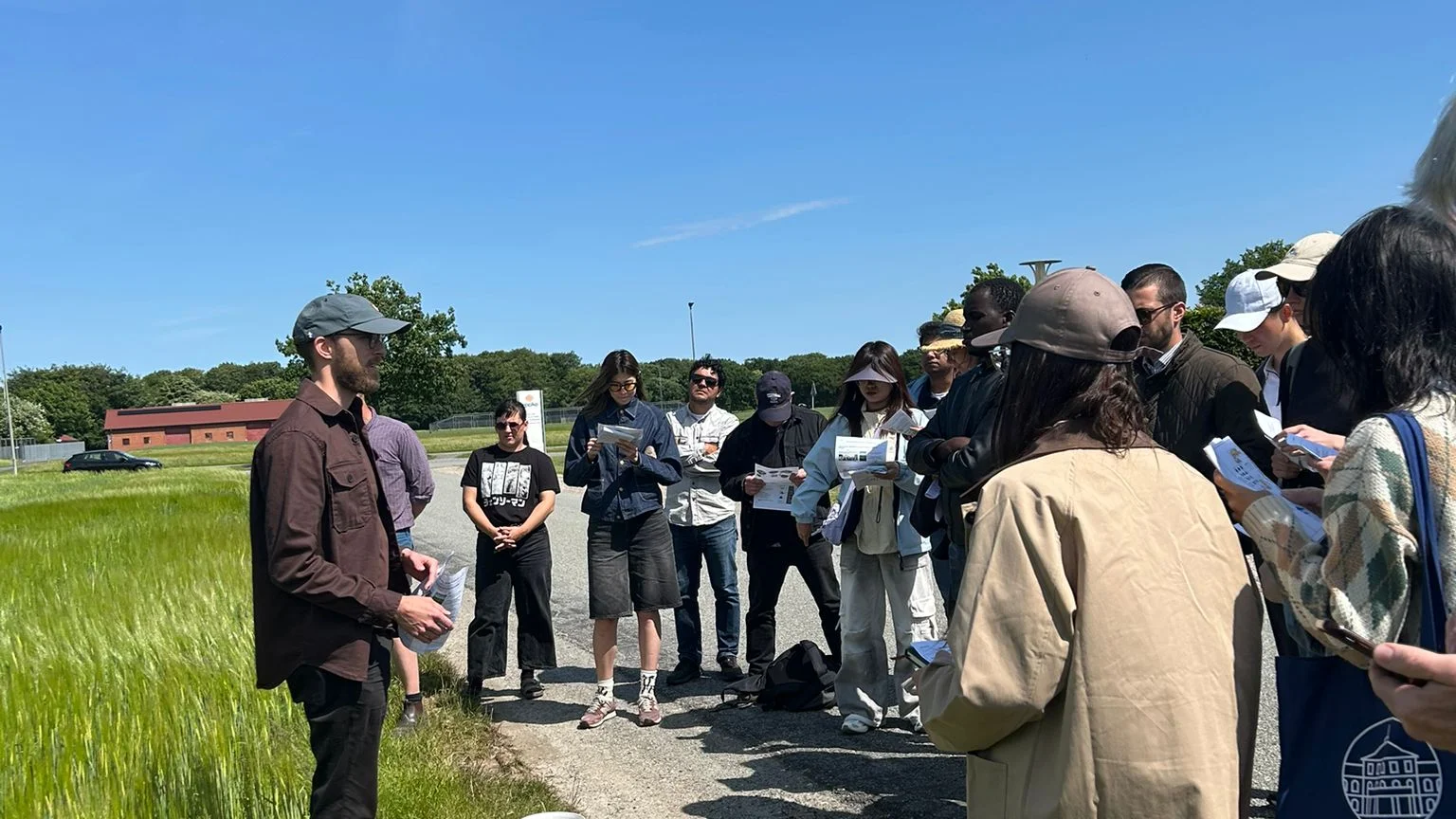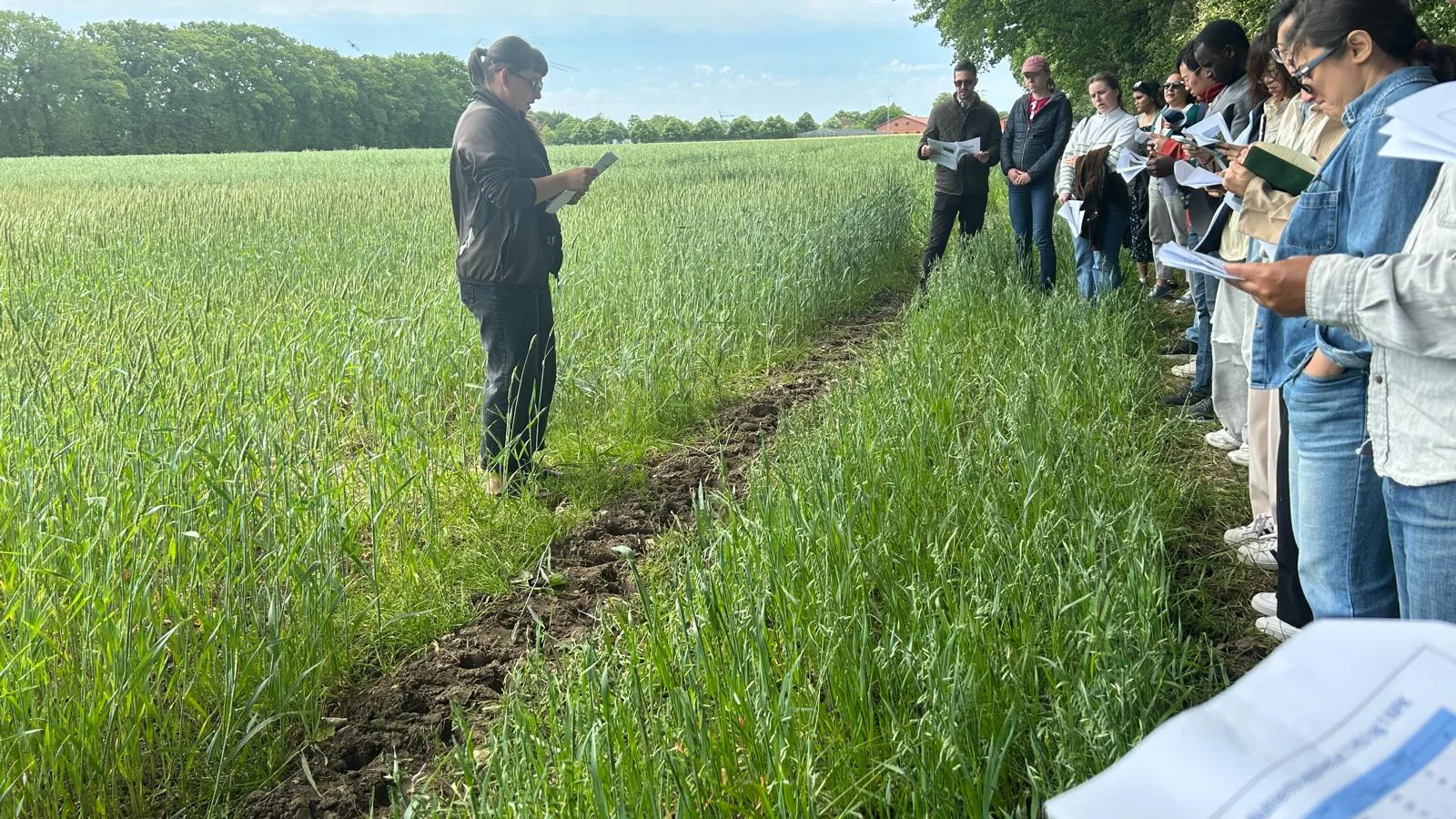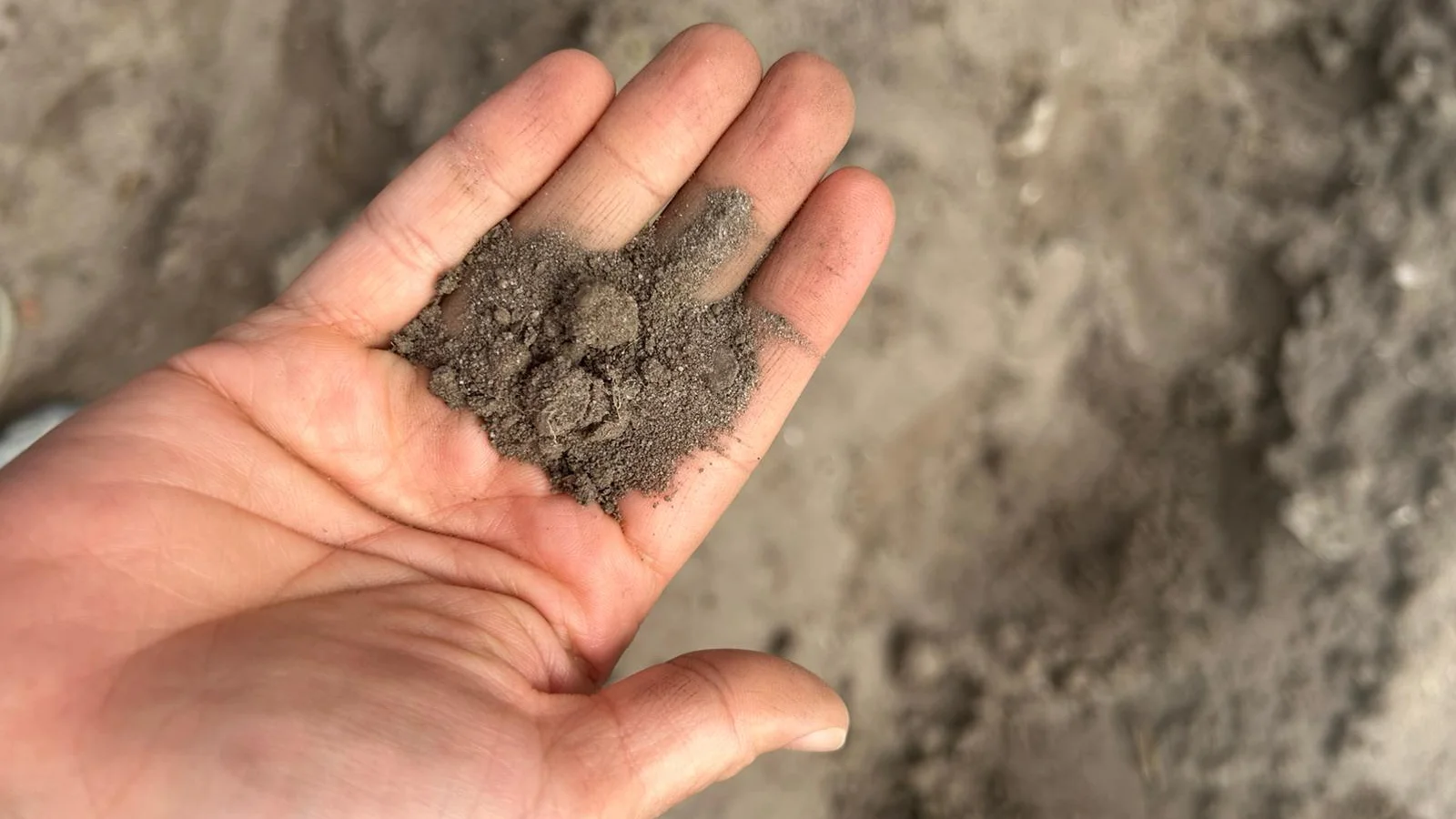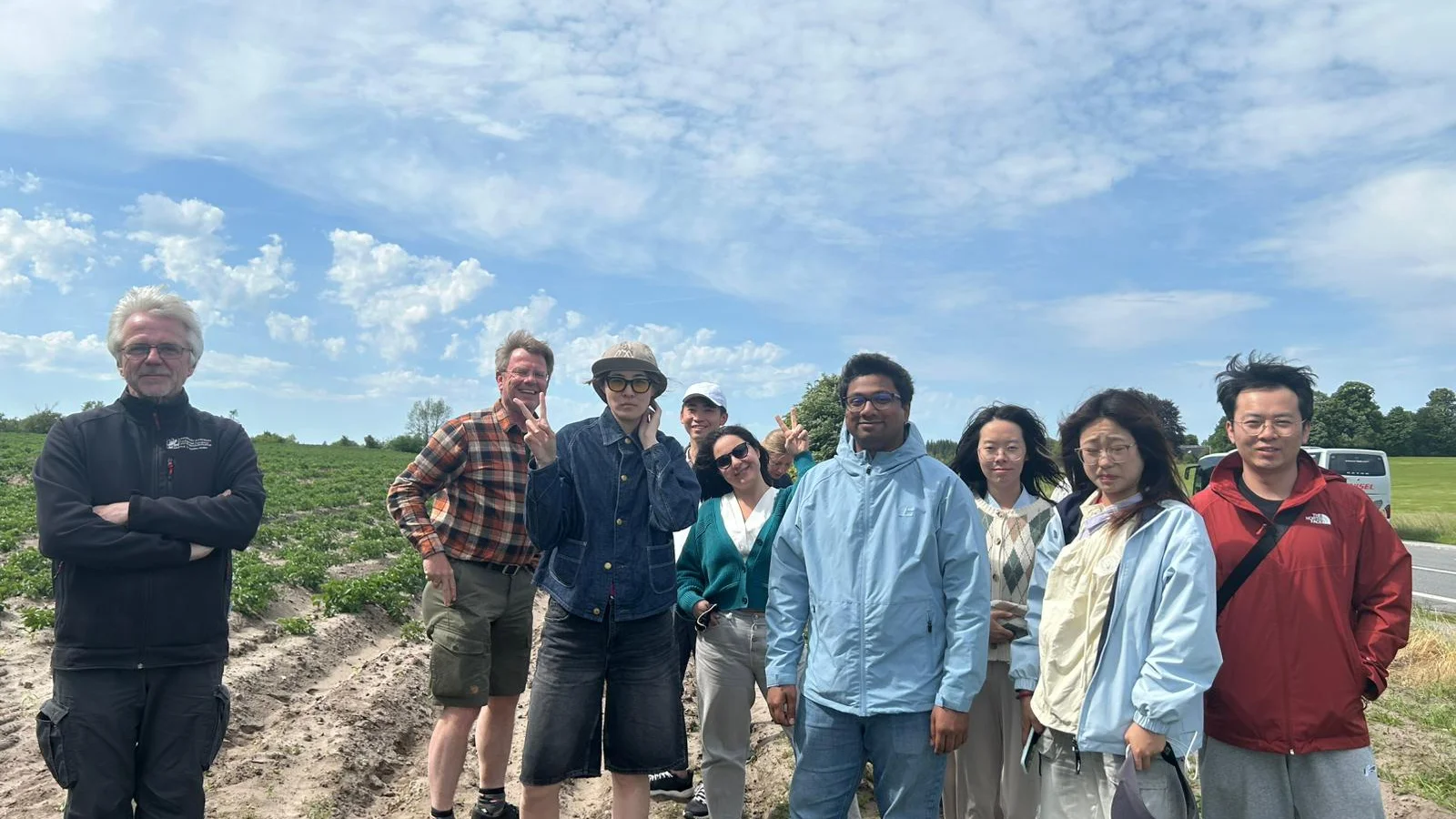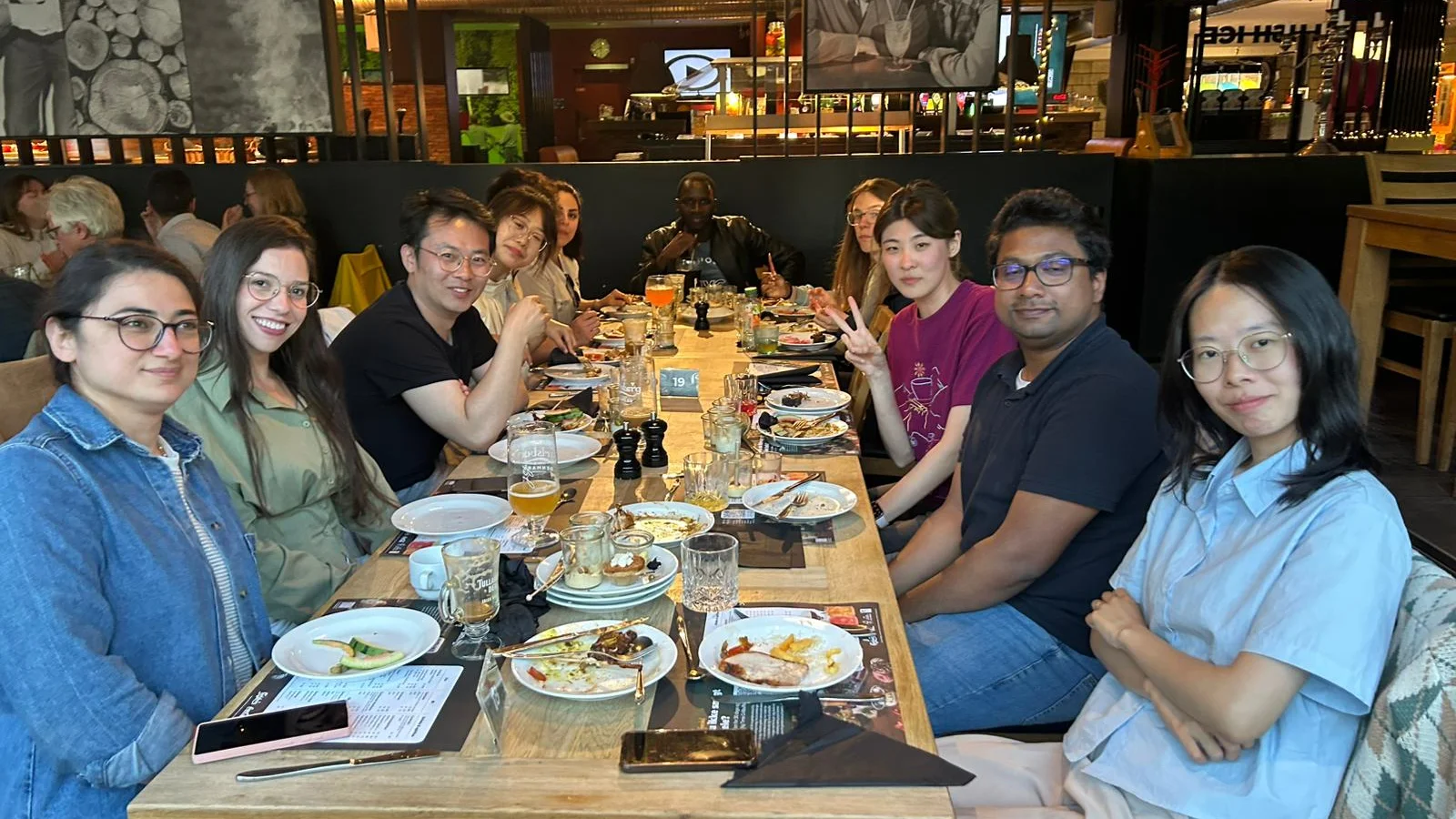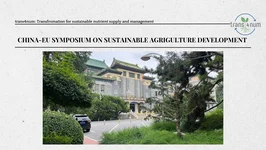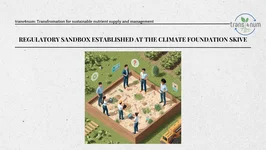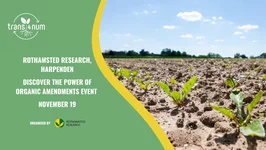| Communication team
Cross-Border Learning in Action: trans4num and AMAIZE-P Explore Nature-Based Solutions in Denmark
From June 11–13, 2025, the coordination teams of trans4num and the AMAIZE-P research training group came together in Denmark for a joint field excursion focused on sustainable nutrient management, circular agriculture, and nature-based solutions (NBS).
This cross-project collaboration brought together doctoral researchers, postdocs, and coordinators from both initiatives—tran4num, which works on advancing nature-based nutrient strategies across Europe and China, and AMAIZE-P, a Sino-German project investigating phosphorus efficiency in maize-based food-feed-energy systems.
A Week of Exchange and Exploration
The excursion began in Viborg with presentations from PhD students and postdocs, offering an overview of research themes and setting the stage for a week of hands-on learning and dialogue.
Over the next four days, the group visited a variety of Danish innovation sites, each offering a unique perspective on how sustainable nutrient management can be implemented in practice:
Day 1: Kickoff and Knowledge Sharing
Initial presentations and introductions encouraged participants to identify common ground and explore synergies across disciplines and research areas. (LinkedIn post)
At the Nørreå Valley, participants explored a phosphorus filtration system that captures nutrient runoff before it reaches waterways, an elegant NBS tackling both soil health and water quality. (LinkedIn post)
Day 2: Organic Fertilisation & Bioenergy Innovation
Morning visits to ICOEL focused on plant-based fertilisers made from park waste and clover-grass rotations. The afternoon took the group to Ausumgaard, where protein extraction from clover and biogas production showcased circular, climate-smart agriculture in action. (LinkedIn post)
Day 3: Long-Term Lessons from Askov
The final field day offered deep insights from Askov Experimental Station: Denmark’s second-oldest research site where long-term trials on phosphorus, biochar, and recycled fertilisers illustrated the importance of soil data in shaping resilient agricultural systems. (LinkedIn post)
A Shared Vision for Agricultural Transformation
The field excursion concluded with a farewell dinner and left participants energized by the knowledge exchange. Survey feedback revealed:
- 75% rated the overall experience as excellent, with 100% rating it excellent or good.
- Participants were especially inspired by protein extraction from clover, the Askov long-term trials, and the phosphorus filtration system at Nørreå Valley.
- 81% said the excursion changed their perspective on how nature-based solutions can be implemented in practice.
This feedback underscores the power of experiential learning and the value of interdisciplinary, international collaboration in advancing nature-based agricultural solutions.

